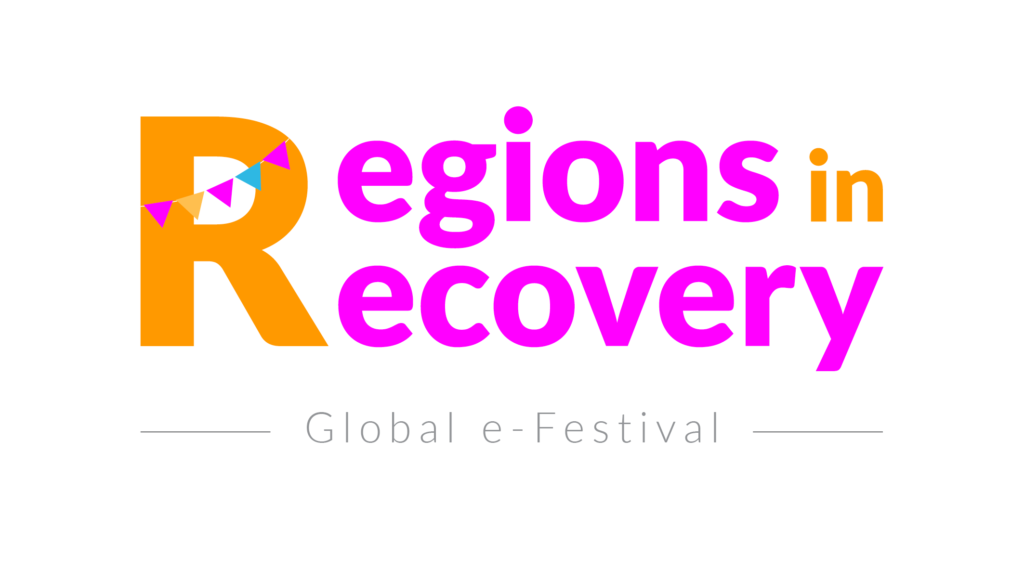Regions in Recovery: Building Sustainable Futures – RSA Global E-Festival report by Stephanie Francis Grimbert

By Stephanie Francis Grimbert (email), Deusto Business School, University of Deusto, Donostia-San Sebastian, Spain and CIRCLE, Lund University, Lund, Sweden.
As a first-time attendant and presenter in a conference, and although the virtual/hybrid formats will undoubtedly become the “new normal”, describing the atmosphere and the “take away message” of an online event does not come without challenges. I will hence rely on ethnography to transcribe my impressions, as a Ph.D. candidate, of the Regions in Recovery Global Festival 2021. Ethnography is “a style of social science writing which draws upon the writer’s close observation of and involvement with people in a particular social setting and relates the words spoken and the practices observed or experienced to the overall cultural framework within which they occurred” (Watson, 2011 p.205). Therefore, my “truth claims” are not primarily based in what participants have said, but rather on my “personalized seeing, hearing, and experiencing” (Van Maanen, 2011 p.222).
Following these principles, I am hoping to turn my “field notes” into (meaningful) evidence of “field experience”. My ethnographical “composite narrative”, which merges the characters from multiple observations into a single narrative, draws upon my multiple participations in various parallel sessions. If I were to describe one main message provided on the impacts for policy-making of the Covid 19 pandemic, it would be the multiple paradigmatic shifts in terms of redefining the notions of centrality/periphery, rethinking the directionality of resilience, and reaffirming the inclusiveness of citizens. These lessons may prove useful for Ph.D. candidates, who in the course of their journey have unwillingly experienced a major disruption in their environment, affecting not only the conditions for conducting their research but also its very significance and impact. Witnessing that the community as a whole adopts in many instances (r)evolutionary perspectives appears to me as a source of opportunities for young researchers to push their ideas further.
Besides that, this virtual format has allowed for a prolonged 13-day immersion within the academic debate. It is worth highlighting that both the plenary and the parallel sessions have evidenced the generosity of the participants in providing feedback to the presenters on the one hand, and in setting research agendas in their respective fields on the other. As a Ph.D. candidate, the Regions in Recovery Global Festival 2021, therefore, acted as a scientific knowledge accelerator, as well as a networking arena. But most importantly, it was humbling to listen to senior researchers addressing the limitations and imperfections of their own work and recognizing that, in this post-pandemic era more than ever, researchers need to be aware of their role as whistle-blowers when policies fail to align themselves and respond to the societal grand challenges we are facing.